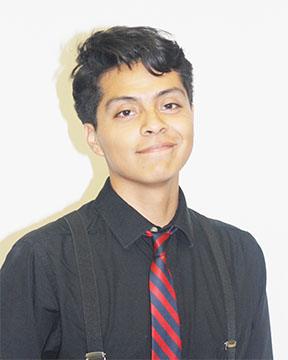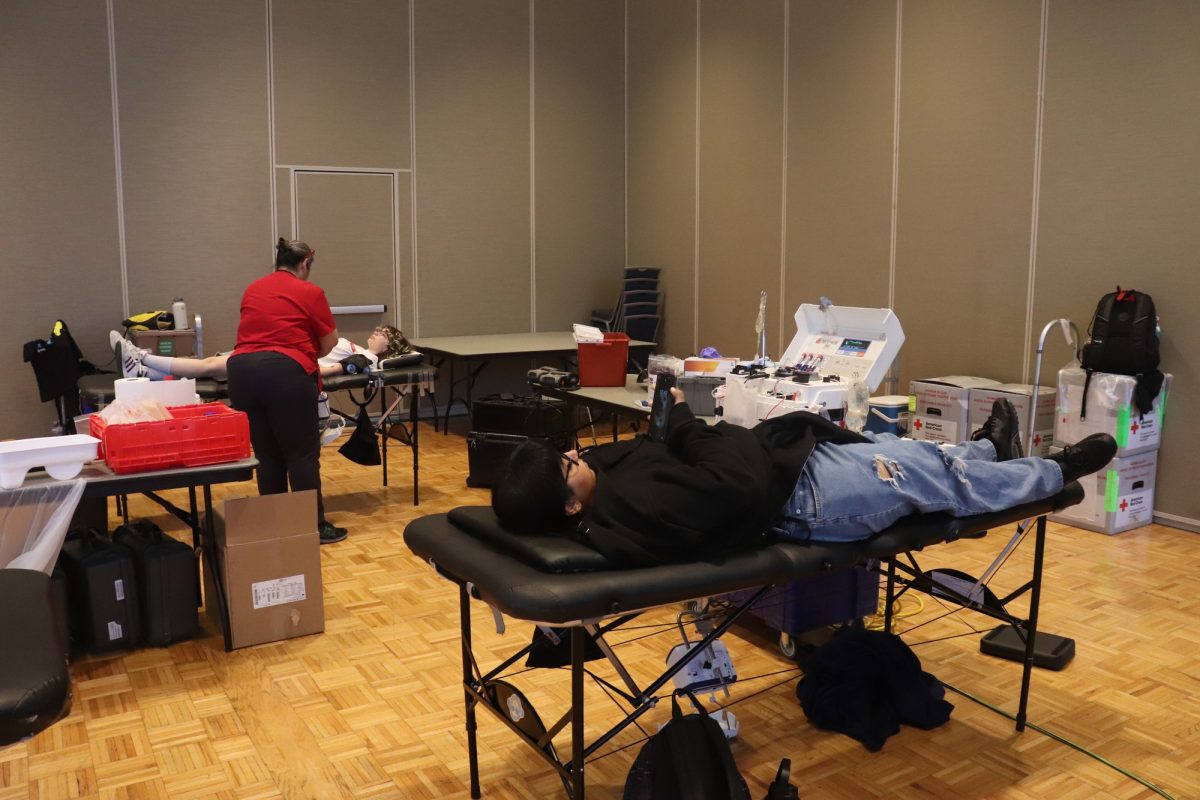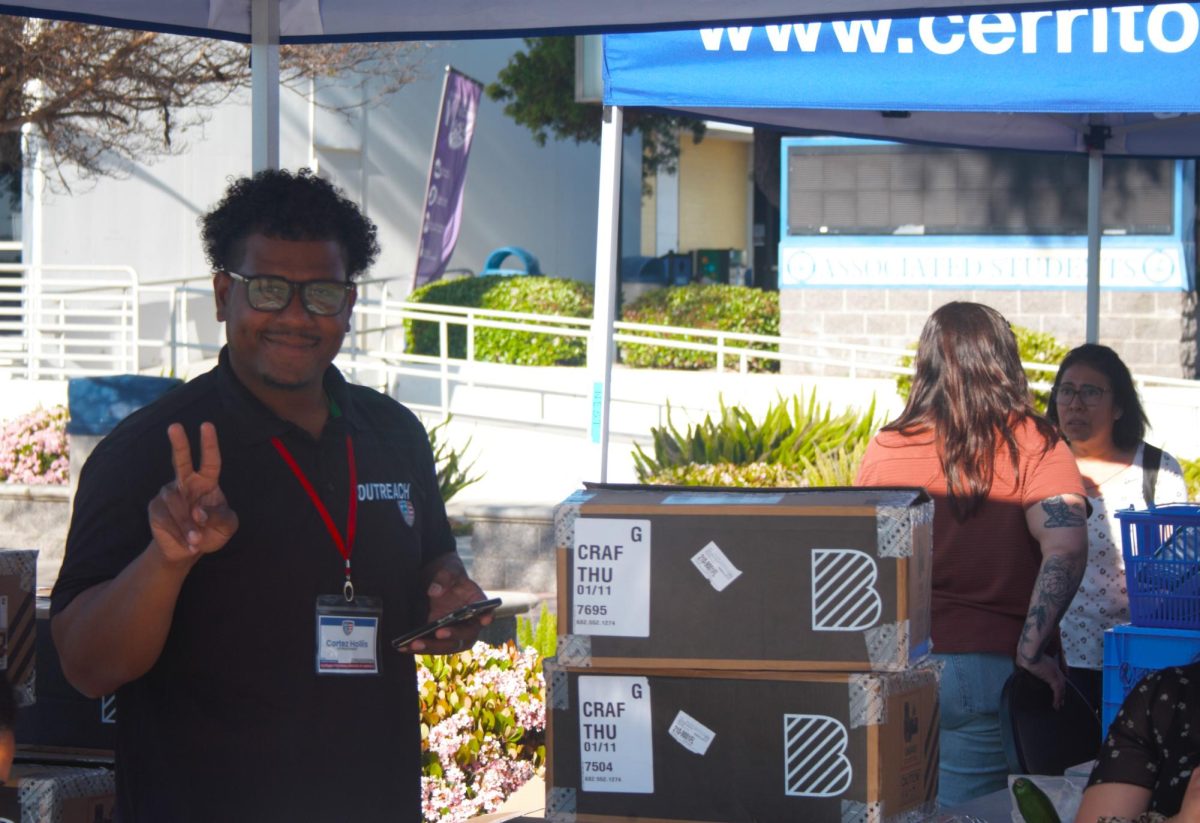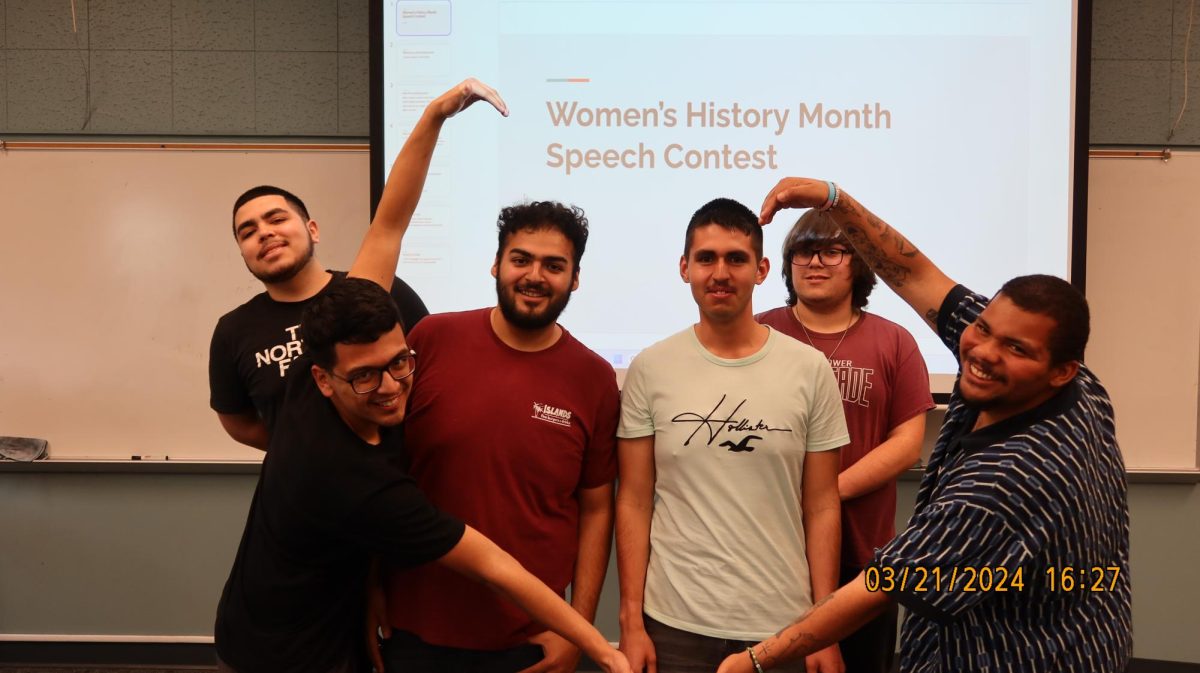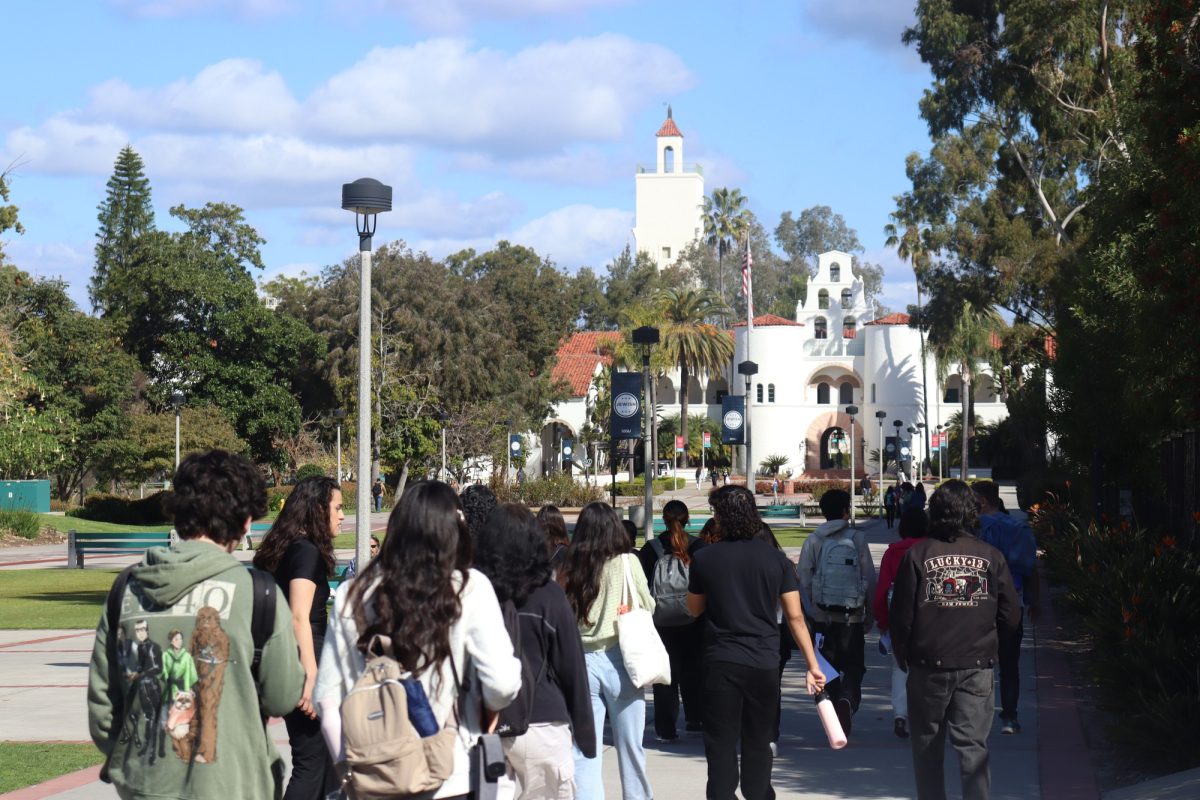Nothing gets the mental gears turning than philosophical discourse.
Especially if it involves Renee Descartes and Gallileo.
Dr. Patricia Easton, professor of philosophy at Claremont Graduate University, held a two-part presentation on Descartes, Galileo and the birth of modern science in the board room on Thursday, Oct. 22.
“Looking specifically at Galileo and Descartes and how they argued for the new mechanistic philosophy,” she said.
The main idea behind this philosophy is that nature should be studied as a machine with laws that can be understood through observation, experiment and mathematics.
One example Easton used in the presentation, is Galileo’s support for the Copernican theory that the Earth revolved around the sun, as opposed to the sun revolving around the Earth as was popular belief then.
Though he later recanted, Galileo’s methods helped observation and modern science come into being.
Descartes believed that the human body was a machine with its own working and rules.
He believed that it may be no better than the “automatons” he thought of as animals.
One student in the audience thought this was a bleak train of thought and that it robbed humans of their humanity.
Jose Rios, biology major, said, “It made me want to study Descartes. It’s a more scientific view of philosophy than just your own thoughts.”
He added that it made him see philosophy in a more scientific view.
Anthony Ruiz, accounting major, said, “There were a lot of good ideas and it was good to see the faculty speak too.”
He added about his interest in philosophy, “Just trying to find some answers to those questions, that nobody has answers for.”
According to Easton, the second part of the presentation was a survey of individual scientists and their contributions.
“It’s hard, but I try to think about a lot about the audience and what they might know or not know,” she said about trying to condense so much material in so little time.
During the last half hour, the discussion turned to evolution and intelligent design.
Philosophy professor J.P. Pereira said that being religious does not exclude anyone from thinking about things scientifically and vice versa.
Easton said that the discussion reflected something that was particular to the 21st century, but noted that there were similar debates in the 17th century, such as the debate of mechanism vs scholasism.
“I enjoyed it, I thought it was a great opportunity and I haven’t taught undergraduates in 15 years so I especially enjoyed the session with the students,” Easton said.




